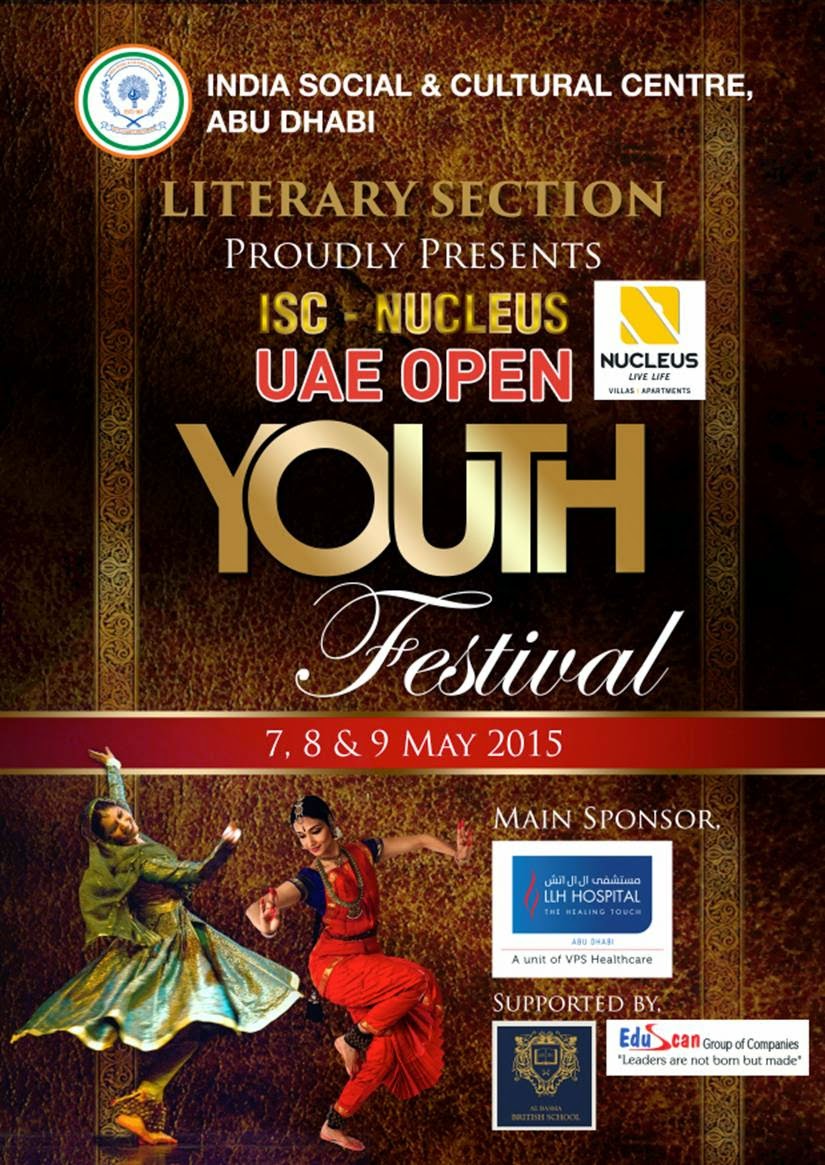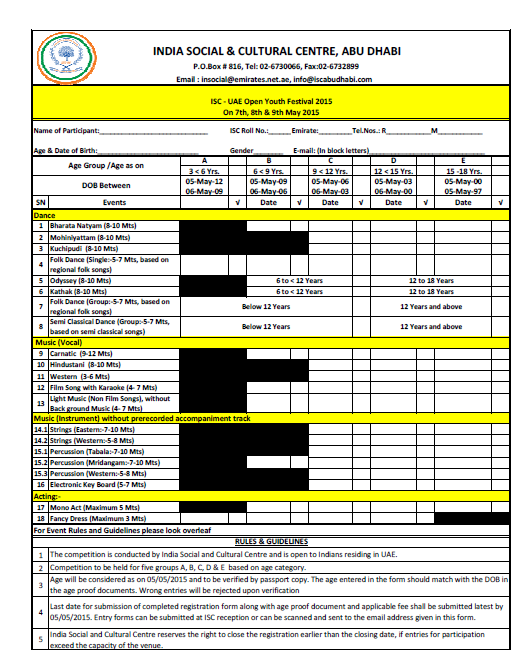TheNational@7: Citizen journalists answer the call
The sight of two window washers working untethered on a narrow 13th-floor ledge of an Abu Dhabi high-rise was shocking.
They were equipped with the proper safety gear but had detached themselves from their safety ropes, leaving them at risk of falling to their deaths on the bustling street below.
The startled witness to this casual disregard of safety was Ramesh Menon, a technical officer at an oil firm who recorded it with his camera then alerted both the building management and also The National.
The effect was swift and emphatic: the window washers’ employer had its contract with Abu Dhabi Mall cancelled with immediate effect.
But because it was also featured in The National, publicity about the incident sparked a debate among those living here about the sometimes lax culture of safety in the UAE, including an editorial calling for zero tolerance towards those who take safety shortcuts as well as a flurry of letters to the editor on the subject.
What it also demonstrated in a wider sense is the way in which The National is an active part of our community. The newspaper does not just inform and entertain those living in the UAE – that flow of information goes both ways.
In Mr Menon and countless other ordinary people going about their lives, the newspapers’ eyes and ears in the community extend far beyond those of our reporters.
This is what the American playwright Arthur Miller was getting at more than half a century ago when he defined a good newspaper as “a nation talking to itself”.
Rising rents and the general cost of living, the plight of children caught in conflict zones, driver behaviour on the country’s roads, animal cruelty, the property market’s fluctuations, whether mothers should be compelled to breastfeed new babies, gratitude for the UAE’s accommodation of followers of other faiths, the process of Emiratisation and concern with the welfare of those on the bottom rungs of the economic ladder are all topics on which The National’s readers voice strong views.
We have learnt to listen and take heed when an issue ignites our readers, shaping our response with the input of the community.
In the best cases, this dialogue can both highlight a problem and lead to its solution. In the window washers’ case, it meant there did not need to be a tragedy – for the negligent window washer or any innocent pedestrian walking below – before action was taken.
The same dynamic applied when another reader’s tip alerted us to theplight of two puppies – one with a paw deliberately hacked off and the other with damage to its foot pads – that were abandoned in the desert outside Dubai and left to die.
Our readers were shocked by this wanton act of cruelty, but it ended happily for Stumpy and Bernard, as the two puppies were named by their rescuers. Readers donated more than Dh7,000 – enough to pay for their medical treatment – and this included Dh3,000 from an American reader who saw the story on The National’s website.
The best news came from a couple who read The National. Hank Harrington, a helicopter pilot with Dubai Royal Air Wing, and his wife, Lynn,adopted the puppies, who will have a large garden to play in when the couple relocate to Britain in six months.
These are but a couple of examples of the wave of instances of what has been dubbed “citizen journalism”.
This mirrors the changes that have taken place since The National’s first edition was published seven years ago. It seems like ancient history now, but social media networks, microblogging sites and smartphones were all in their infancy on April 17, 2008.
Facebook had only 80 million members then, compared to 1.4 billion now; Twitter members were collectively sending an average of just about 1 million tweets per day, a fraction of the 50 million now; and the iPhone had been launched in the United States less than a year earlier. Today the UAE has the highest per capita use of smartphones in the world.
These forces combined to enable those living here to interact with The National in a way unimaginable to previous generations of journalists. Now, when there is a multicar pile-up on a foggy road or a major fire in the UAE, we receive images from readers in minutes. Comments on The National’s website come from every corner of the world.
This is as it should be, when a newspaper is having a dialogue with the community it was established to serve.
http://www.thenational.ae/uae/20150417/thenational7-citizen-journalists-answer-the-call
My thank you note:
It was surprising to see a special mention about me in the 7th Anniversary edition of The National! Safety First. Let the mantra within us be "Safety for Me, Safety for You and Safety for ALL".
Thank you The National team.





















